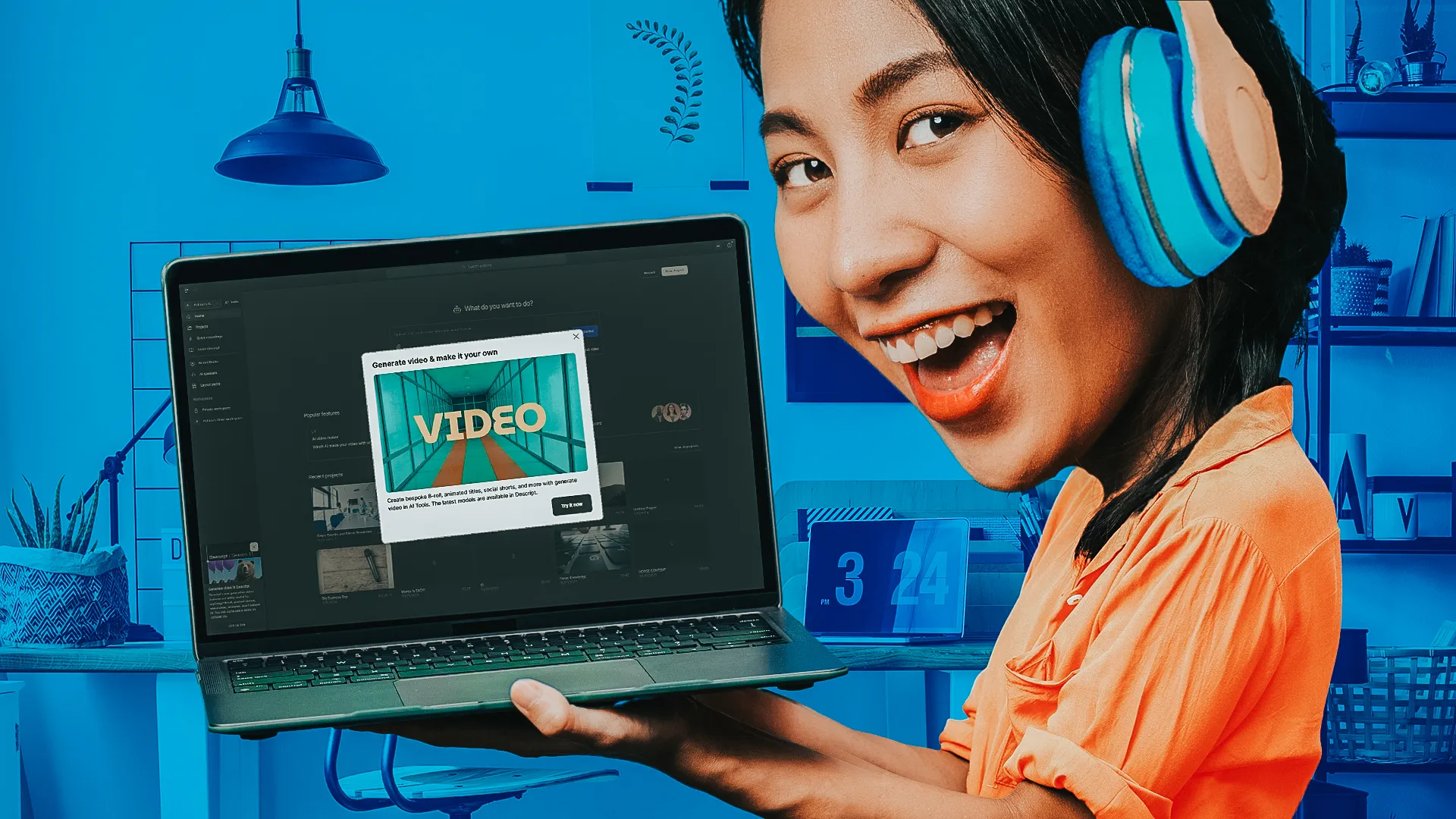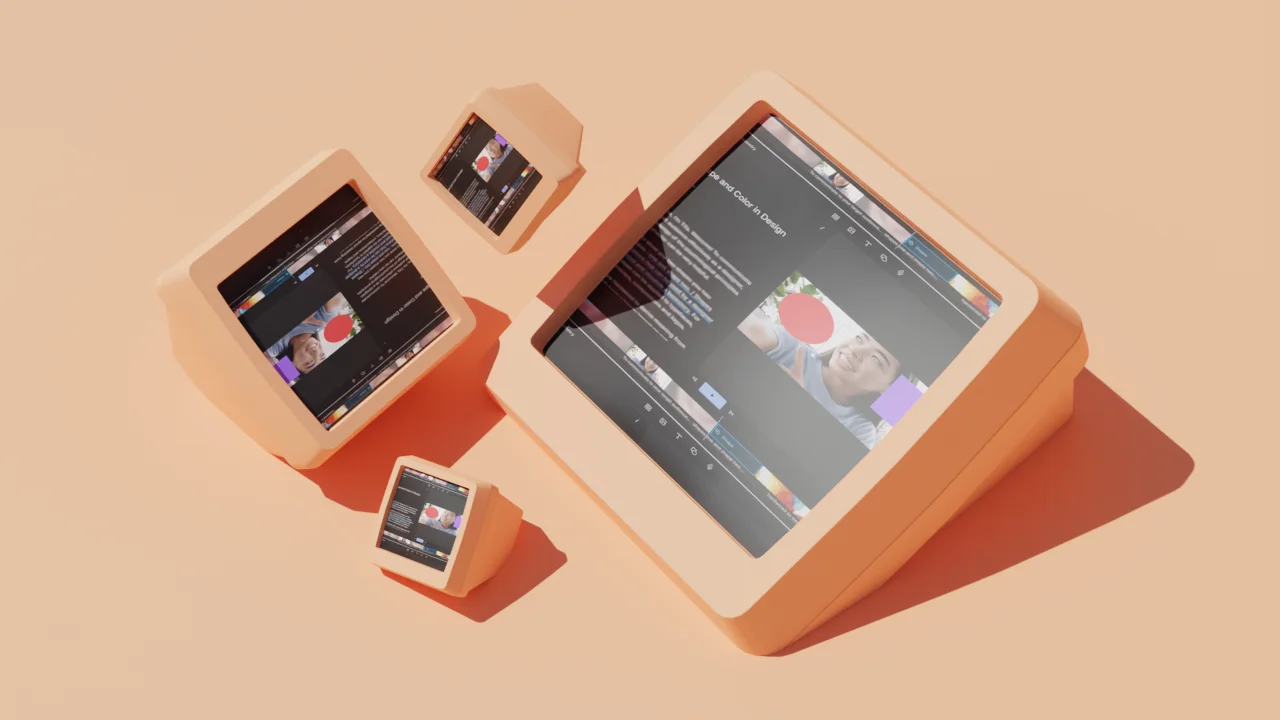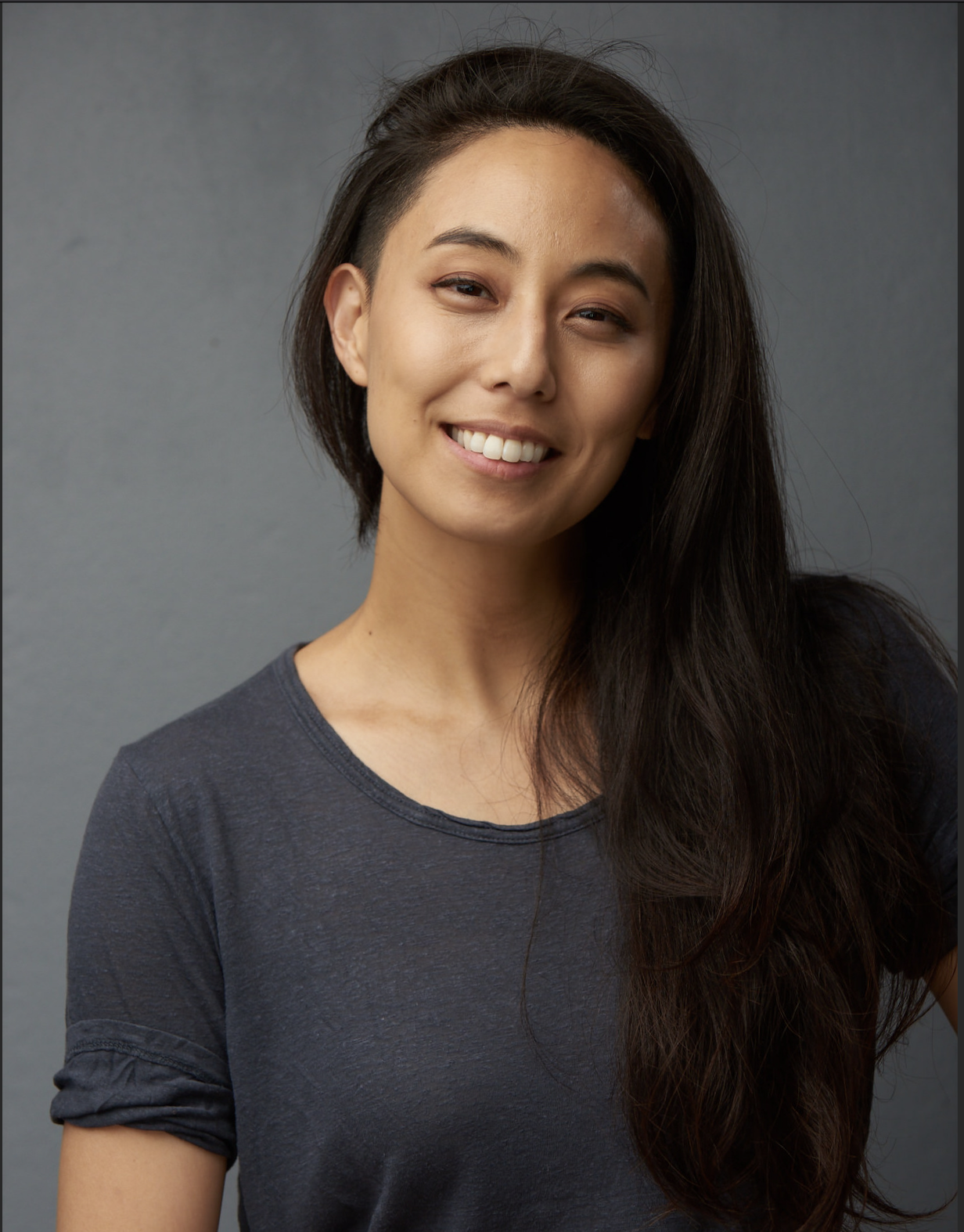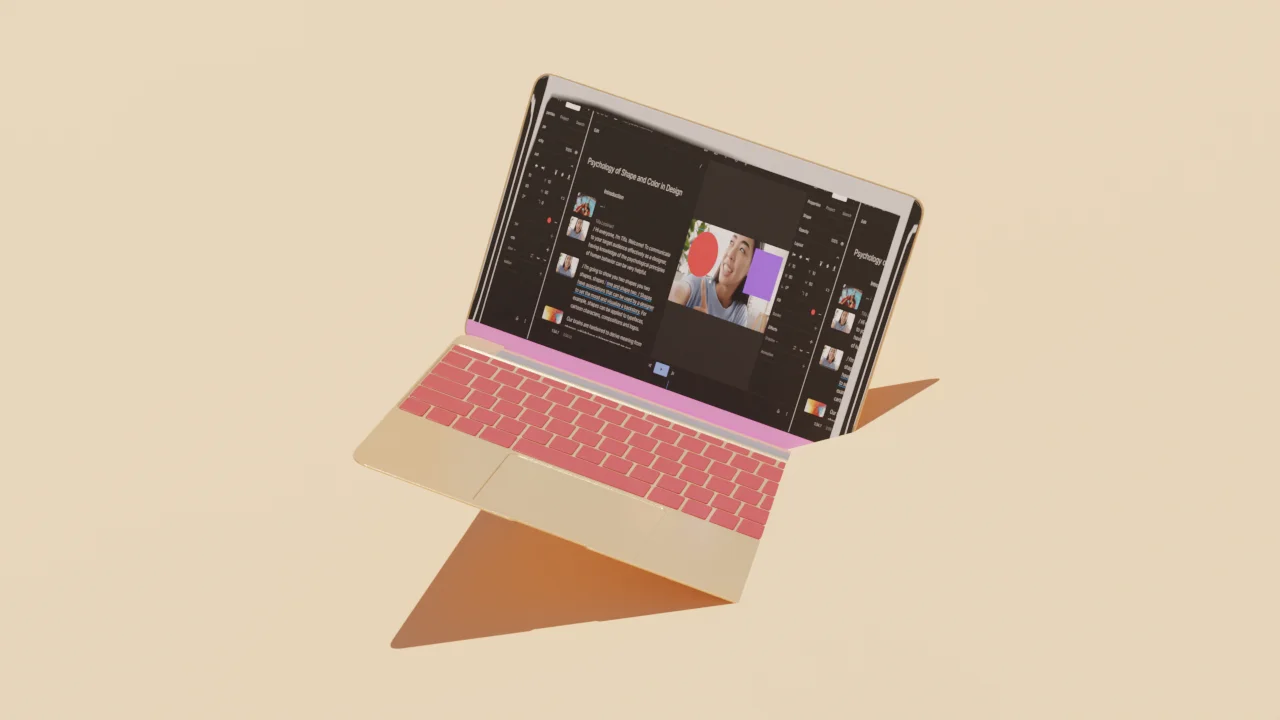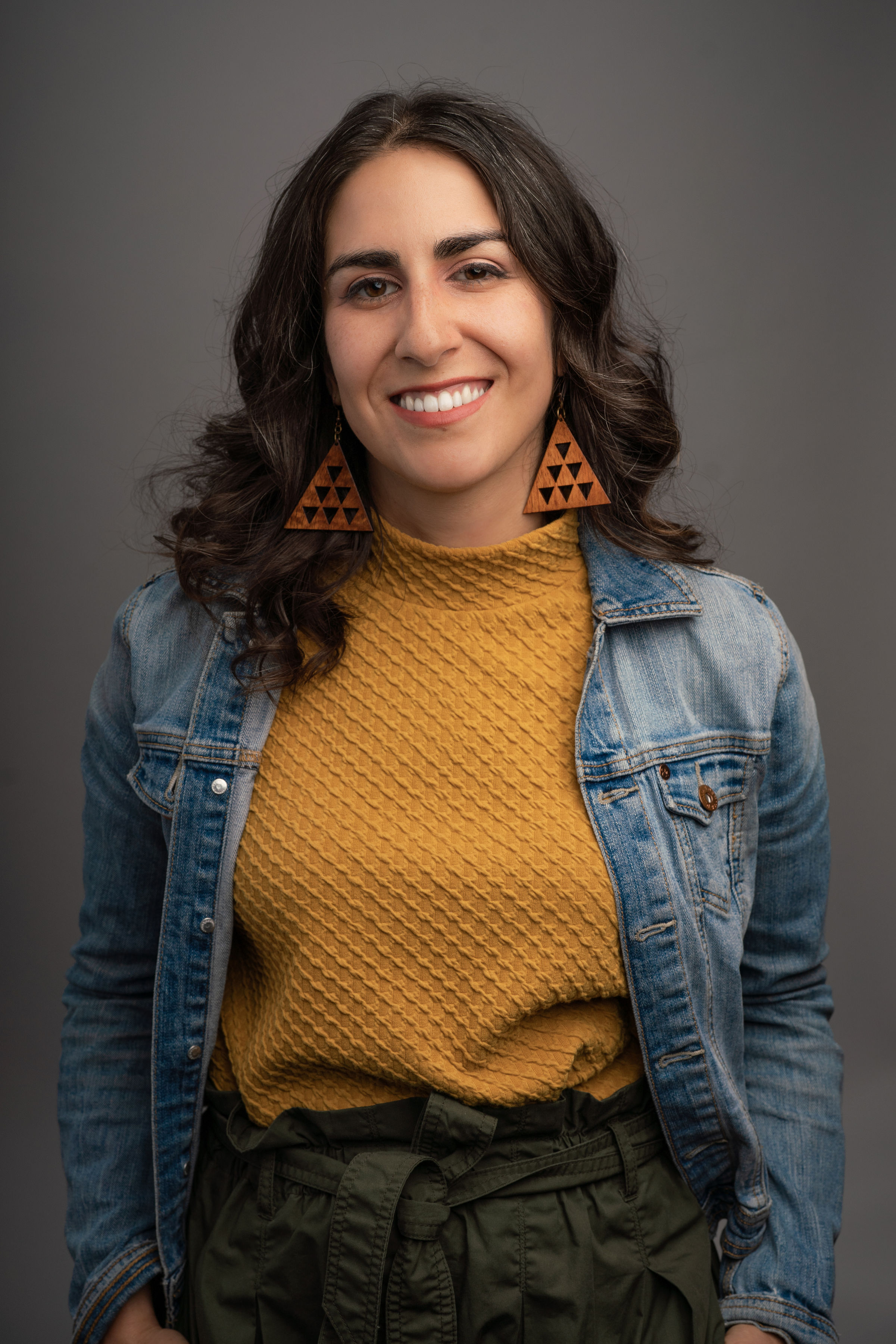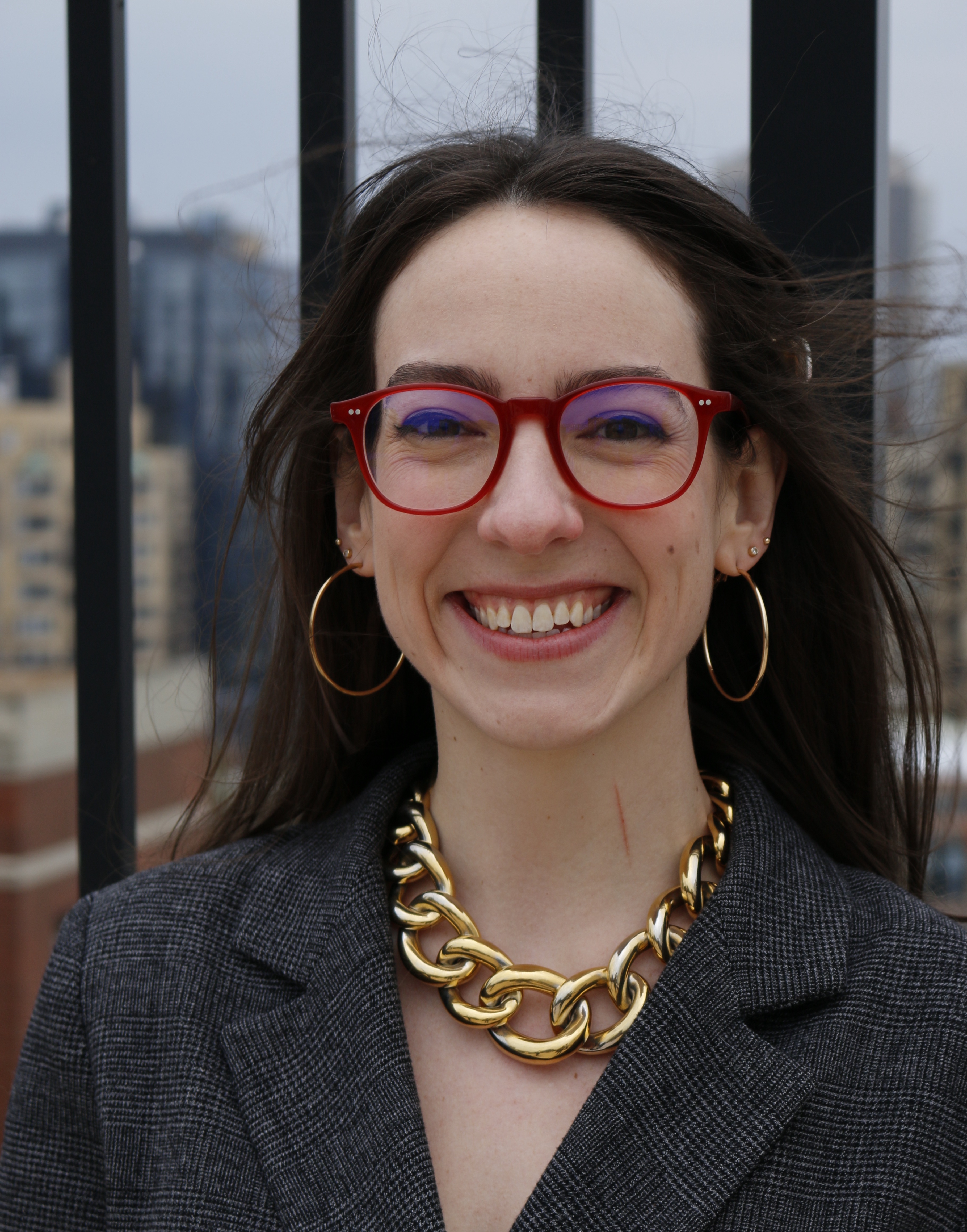Public speaker and political strategist L. Joy Williams has created something remarkable: a podcast about civics education that people actually want to hear.
And not only is her Sunday Civics podcast popular, it’s acclaimed. Earlier this year the NAACP named L. Joy’s show a finalist for Outstanding News and Information Podcast in its annual Image Awards.
Making something that good from a topic that has put generations of high school students to sleep can’t be easy. Especially if you’re an independent creator, and you’ve never made a podcast before. That was L. Joy. As a career political strategist, she had the knowledge to lead a civics podcast. As an experienced public speaker, she knew how to keep an audience engaged. But she’d never hosted a podcast, let alone launched one herself.
She did it, though, and five years later she’s hosting and producing an award-nominated civics podcast that also airs on SiriusXM Urban View (and, we have to note here, she’s doing it in Descript). It’s an inspiring story for any creator, so we asked L. Joy to share some of the ways she broke through, starting from the most daunting place of all: square one.
Define your voice
L. Joy felt like she had something important to impart, and she saw a growing need to impart it. Podcasting seemed like the natural medium.
“[Podcasting] is the format where I can take government out of a classroom setting and actually use the current political landscape to teach people how to engage and participate in their own governance,” she says.
But before she could start producing, she knew she first had to define her voice and principles as a creator.
“I booked a coworking space conference room, just me and the dry erase board,” she recalls. On that whiteboard she wrote four questions:
Who do I want my audience to be?
What do I do?
What does my voice sound like?
What do I want the space to sound like?
Answering those questions gave her a set of principles she could refer back to as she developed the show. She used them for everything from making guest lists to creating intros and outros.
Focus on your audience’s perspective
In creating a podcast focused primarily on political (and sometimes difficult) subject matter, L. Joy knew it was important to find unique ways to approach conversations with public figures, especially those who had been interviewed elsewhere, often many times.
“Everybody wants to talk to former president Barack Obama, right?” she says. “But what topic would you want to talk to him about? What's something different that would make a person say, ‘Oh, I want to listen to that conversation because that's a different perspective than I'm used to?’”
Now, as she’s scanning each day’s headlines for new topics she can break down on Sunday Civics, L. Joy reads from her audience’s perspective.
“I'm reading the news, I'm looking at what people are asking, and I’m asking, what are the questions that people have about this particular topic?” she says. “What's the terminology that needs to be explained? How does this connect to your everyday life? Where is the place where you can make a difference?”
Be prepared to adapt
Like many podcasters, L. Joy found the early days of creating Sunday Civics to be a particular challenge.
“One of the reasons why it took me so long [to launch the podcast] was because there was a gap between me coming up with the idea and actually executing and creating the show,” she says. “It was because I had great ideas for the first three episodes, and then I was like, okay, what do I do after that?”
When she was stuck, she found that switching up her perspective could often break her out of a creator’s block.
“For example, I’ve done two shows already on people who had experienced homelessness,” she explains. “You want to talk to the expert, right? The so-and-so homeless foundation, the esoteric policy.
“But then I actually turned it around and was like, I'm going to start with someone who's actually experienced it, and then educate myself on the proper way to address a person who is experiencing something that I'm not experiencing. So it doesn't come off disrespectful to that person.”
This mindset helped L. Joy carve out the tone and formatting for the Sunday Civics podcast.
“Instead of starting from the policy, let's start with the human aspect of it. And talk to someone who is experiencing this. Often in policy and politics in general, the best people to speak about issues are the people that are experiencing it themselves.”
You can check out L. Joy Williams’ Sunday Civics podcast here.
















